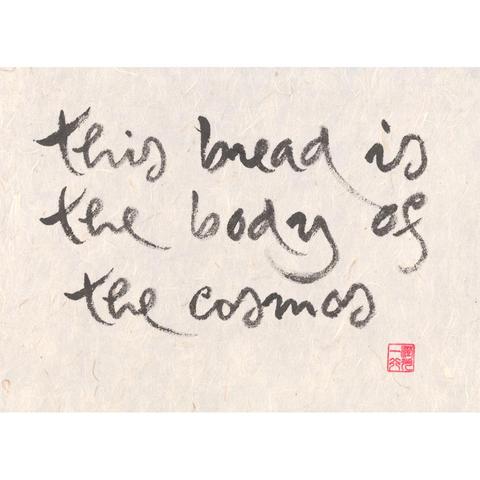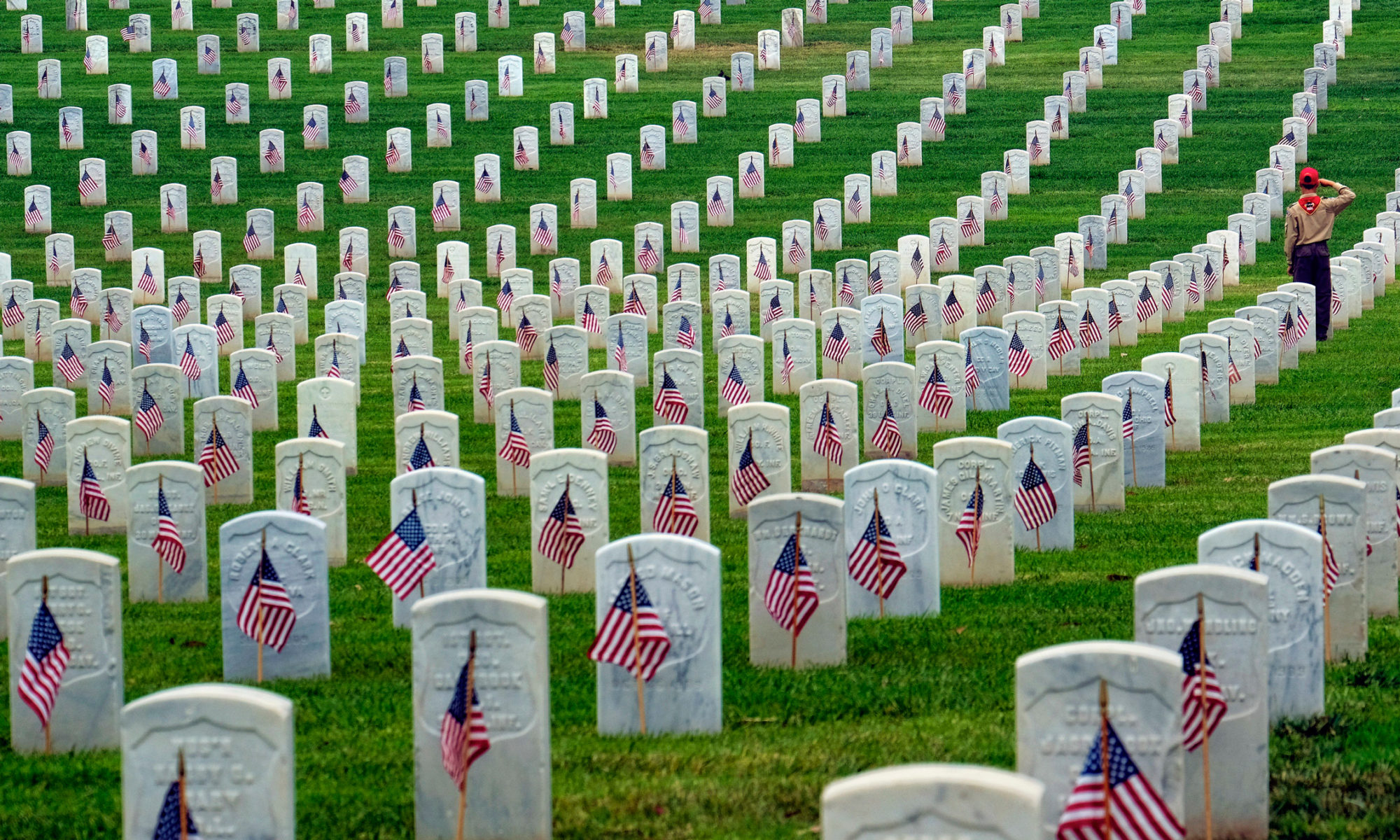Reflections on the common table: who has a seat?
If the home is a body, the table is the heart, the beating center, the sustainer of life and health.― Shauna Niequist If you’re not at the table, you’re on the menu. — Michael Enzi I feign fullness, but in reality I am achingly empty. And it is because I too often sit at the […]



